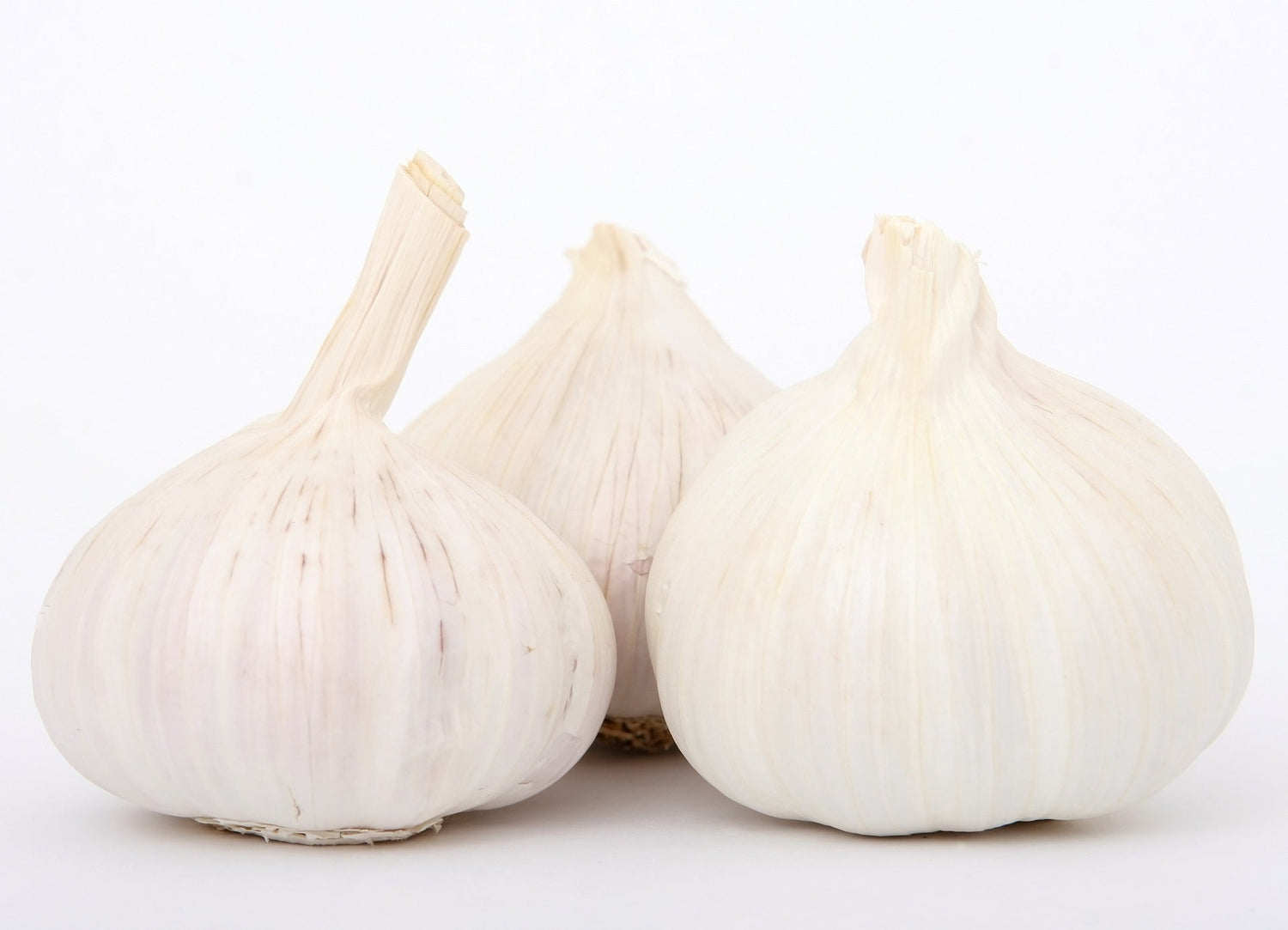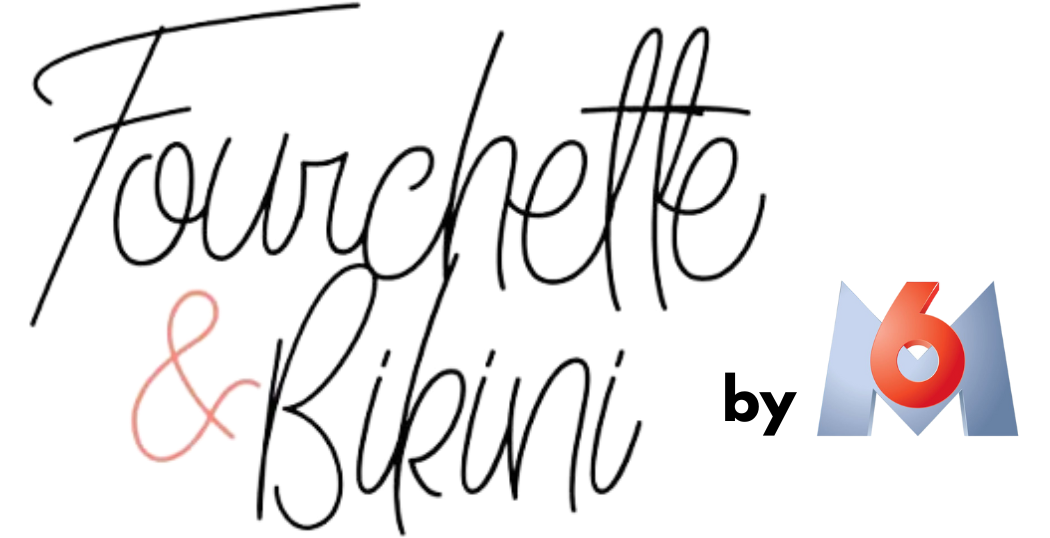Antibiotics are used to kill or inhibit the growth of bacteria. The original antibiotics, like many current antibiotics, come from natural sources.
Science is still dubious about natural antibiotics. Although people have been using these remedies through their nutrition for hundreds of years, most treatments have yet to be tested.
However, some promising results are under medical review. With a continued rise in drug-resistant bacteria, medicinal science is turning to natural solutions to develop new drugs.
Here we take a look at the seven best natural antibiotics.
1 - GARLIC
Garlic has long been known for its preventive and curative powers. Research has shown that garlic can be an effective treatment for many forms of bacteria, including salmonella and Escherichia coli (E. coli). Garlic has even been considered for use against multi-drug resistant tuberculosis.
2 - HONEY
Since the time of Aristotle , honey has been used as an ointment that helps heal wounds and prevents or eliminates infections.
Medical professionals have found it useful to treat chronic wounds, burns, ulcers, bedsores and skin grafts with honey. For example, results from a 2016 study show that honey bandages can help heal wounds.
The antibacterial effects of honey are generally attributed to its hydrogen peroxide content. However, manuka honey fights bacteria, even though it contains less hydrogen peroxide. A 2011 study found that the most well-known type of honey inhibits around 60 types of bacteria.
They also suggest that honey successfully treats wounds infected with methicillin-resistant Staphylococcus aureus (MRSA).
3 - GINGER
The scientific community also recognizes ginger as a natural antibiotic. Several studies, including one published in 2017 , have demonstrated ginger's ability to fight many bacteria. Researchers are also studying the power of ginger to fight seasickness, nausea, and to lower blood sugar levels.
4 - ECHINACEA
Native American healers and other traditional healers have used echinacea for hundreds of years to treat infections and wounds.
Researchers are beginning to understand why. A study published in the Journal of Biomedicine and Biotechnology reports that Echinacea purpurea extract can kill many types of bacteria, including group A streptococcus (S. pyogenes). the group A strep is responsible for strep throat, toxic shock syndrome and necrotizing fasciitis disease.
Echinacea can also fight inflammation associated with bacterial infection. It is available for purchase at health stores or online.
5 - Goldenseal
Goldenseal is commonly consumed in tea or capsules to treat respiratory and digestive problems.
However, it can also fight bacterial diarrhea and urinary tract infections. Additionally, results from a recent study support the use of goldenseal to treat skin infections. In the laboratory, goldenseal extracts have been used to prevent MRSA from damaging tissues.
A person taking prescription medication should consult a doctor before taking goldenseal, as this supplement may cause interference. Goldenseal also contains berberine, an important component of natural antibiotics. This alkaloid is not safe for infants or pregnant or breastfeeding women.
Goldenseal capsules are available for purchase at health stores or online.
6 - CLOVE
Cloves are traditionally used in dental procedures. Research now shows that clove water extract can be effective against many types of bacteria, including E. coli.
7 - OREGANO
Some believe that oregano boosts the immune system and acts as an antioxidant. It may have anti-inflammatory properties. Although researchers have yet to verify these claims, some studies show that oregano is one of the most effective natural antibiotics, especially when processed into oil.
CONTRAINDICATIONS
The amounts and concentrations of active ingredients vary between supplement brands. Read labels carefully.
Although cooked garlic is safe to eat, research suggests that taking concentrated garlic may increase the risk of bleeding. This can be dangerous for people having surgery or taking blood thinners. Garlic concentrates may also reduce the usefulness of anti-HIV drugs.
Some products should be avoided, including colloidal silver.
Colloidal silver has been recommended as a treatment for various illnesses including bubonic plague and HIV. However, according to the National Center for Complementary and Integrative Health, it can be dangerous and there are no credible studies to confirm these uses.
Taking colloidal silver supplements can interfere with the effectiveness of antibiotics and medications used to treat an underactive thyroid gland.















